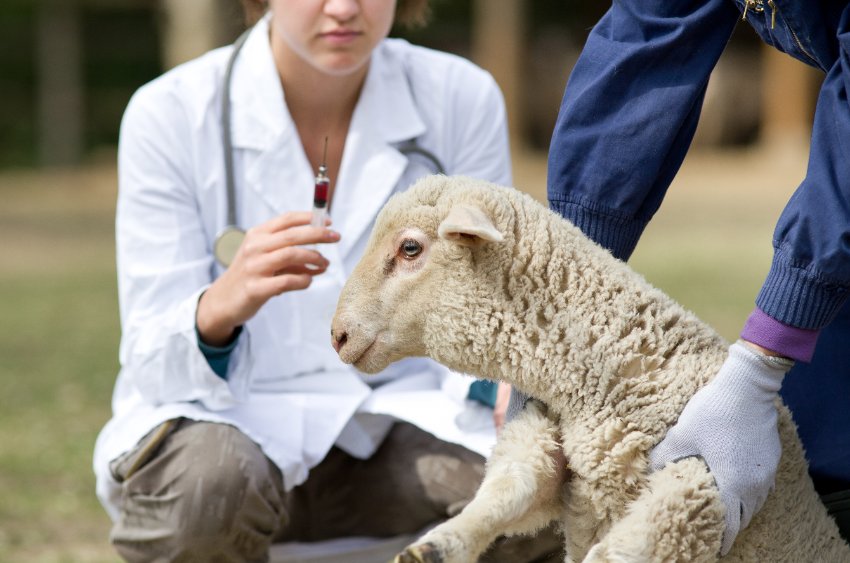
Lawmakers in Northern Ireland have passed a motion acknowledging the 'deep concern' around obtaining veterinary medicines after 2025.
A Brexit grace period for veterinary medicines is due to expire in Northern Ireland in December 2025, after which EU rules will apply in full unless an alternative solution is reached.
A third of veterinary medicines used in the province may no longer be available after this period, according to a recent House of Lords report.
MLAs in Northern Ireland's Assembly concluded that if permanent workable solutions were not brought forward, animal health and welfare, food production and public health would be damaged.
The Ulster Farmers’ Union (UFU) and North of Ireland Veterinary Association (NIVA) have hailed the passing of the motion as a 'significant moment'.
UFU president William Irvine said: ‘‘MLAs across all parties have recognised the concerns of farmers when the current grace period comes to an end.
"It is critical farmers have access to a full suite of veterinary medicines, with farming and food being key sectors of the local economy, nothing can risk the reputation of our produce throughout the world.
"We are now almost 18 months into a 36-month process and with elections in both the UK and EU, with very little progress, we are likely to see more time lost in political negotiations between both jurisdictions.”
The UFU and veterinary groups have emphasised the importance of this issue not becoming a wider political issue, with access to the EU’s single market set against accessing veterinary medicines from GB.
MLAs, farmers and vets have agreed that any solution must maintain full access to the EU single market whilst not disrupting long established veterinary medicine supply chains.
“Disease knows no boundary and the implications of the current trajectory would be felt throughout the epidemiological unit of the Island of Ireland," Mr Irvine added.
"Pharmaceutical companies are taking decisions beyond the start of January 2026 based on the full implementation of what was originally agreed under the NI Protocol.
"This includes the discontinuation of product and reduction in pack size availability which will have bigger implications on small farms."
NIVA president Sharon Verner warned that the risks of harm to animal and human health and welfare were 'highly significant' if a solution was not found.
"In addition, no one wants to lose the hard-won ground in the field of tackling anti-microbial resistance," she added.
"There is an urgent need to find a permanent solution to this most critical issue.”
